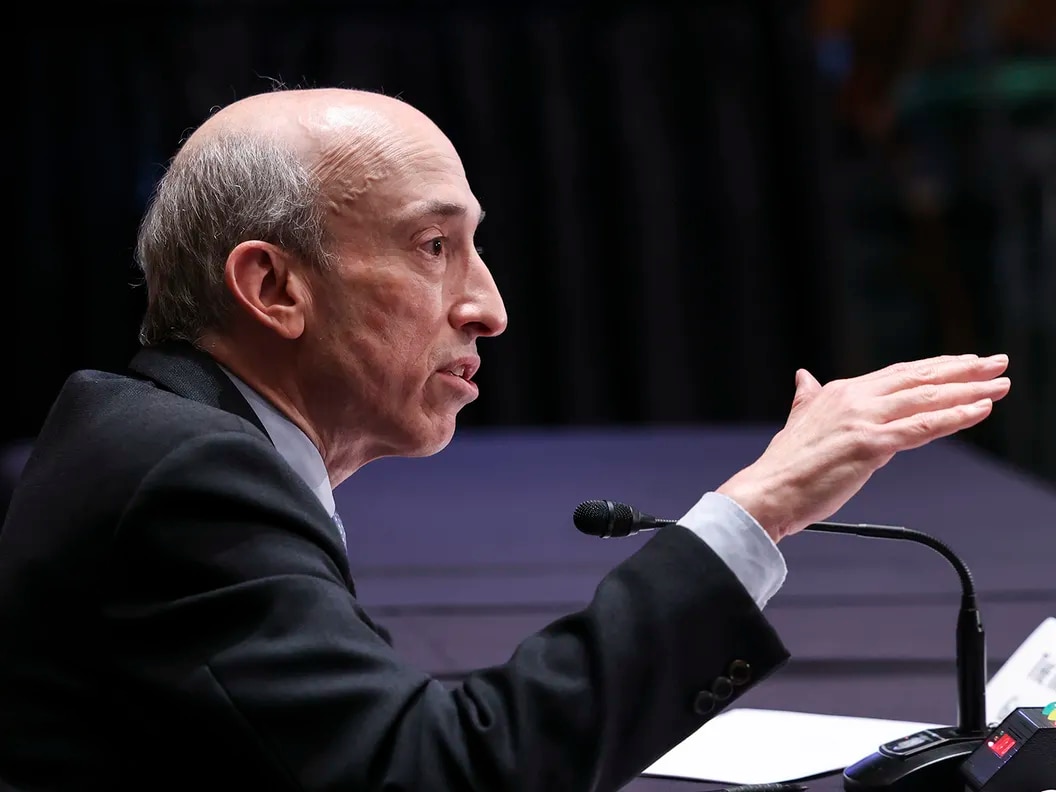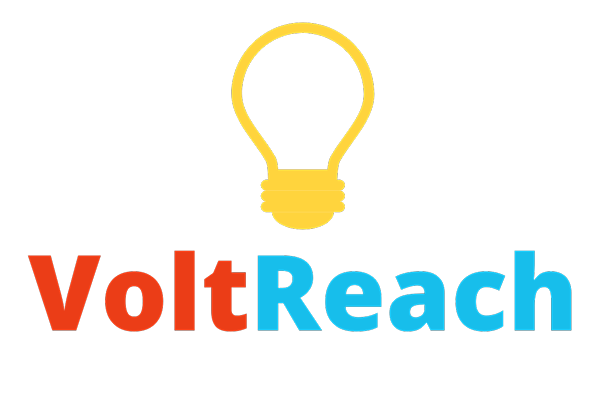Last week denoted an astonishing second in mechanical development. The Ethereum blockchain – a worldwide, decentralized PC that anybody can involve – impacted the manner in which it checks exchanges in a long-expected update called the Consolidation.

Notwithstanding opening extra open doors for advancement, this emotional change features lawful vulnerability for crypto financial backers and resource administrators. Severe adherence to the U.S. Security and Trade Commission’s (SEC) “guardianship rule” would recommend resource directors, following up for the benefit of financial backers, avoid crypto marking. This is in conflict with the guardian obligation resource supervisors owe their clients by denying a legitimate and possibly rewarding income stream. It’s an impasse.
Scott Walker is boss consistence official at Andreessen Horowitz and Neel Maitra is an accomplice in the Washington D.C. office of Wilson, Sonsini, Goodrich and Rosati.
What the law directs is clear: Enrolled consultants should follow the SEC’s guardianship rule, which is intended to decrease the gamble of misappropriation of financial backer possessions. All the more explicitly, this standard generally expects that guides place client resources (assets and protections) with a “qualified caretaker” (frequently a bank or intermediary vendor), and that a free open bookkeeper intermittently confirm the resources.
Tragically, administrative vulnerability in this space disappoints even the most consistence disapproved of resource chief. Just a small bunch of plainly qualified crypto overseers work in the U.S. – and these couple of qualified caretakers administration just a set number of crypto resources. Quite, when one of these certified caretakers gives crypto custodial administrations, their administrations rarely reach out to marking, casting a ballot or other participatory highlights of crypto resources.
Mindful venture counsels who oversee crypto resources have, whenever the situation allows, as of now been marking resources for quite a long time on other blockchains.
However computerized resources overall are many times considered dangerous speculations, there’s a contention to be made that keeping away from crypto marking renounces a commitment to clients. Speculation consultants have a trustee obligation to improve portfolios and, where fitting, go with informed administration choices for their ventures.
For instance, a supervisor that doesn’t decide in favor of the offers it oversees in Everyday Electric (GE) or IBM (IBM) or declines to take profits, risks lawful activity from its clients and controllers the same. Crypto resource holders merit comparable assurances from their speculation counselors.
However, resource directors are trapped definitely having a difficult time. The guardianship rule keeps on expecting guides to authority crypto resources with overseers who might have lacking game plans for marking, casting a ballot or other participatory elements. Overseers, similar to all establishments, have restricted time and assets to locally available resources and specialist highlights.
Holders of crypto resources are the best failures from all of this – denied of powerful crypto custodial arrangements, denied of the lawful sureness that would require their guides to stake as well as vote their resources and denied of a solid return.
It doesn’t need to be like this.
This situation – brought into more keen concentration by the Consolidation – is one the SEC is exceptionally situated to determine. Dissimilar to the plenty of intricate arrangement issues confronting crypto, this issue could be settled without any problem. The SEC could recognize the original highlights of certain crypto resources, for example, marking and casting a ballot, and change the current care rule as needs be.
Refreshing the SEC’s care rule is predictable with, and seemingly constrained by, two major pieces of the organization’s central goal; in particular, safeguarding financial backers and keeping up with methodical business sectors.
Given the shortage of crypto custodial arrangements, the SEC could explain that, in specific conditions, enrolled venture counsels (that are not qualified overseers) can utilize a mix of programming and thorough inner controls to self-guardianship crypto. This needs to brings about no unwinding of custodial guidelines – as a matter of fact, we firmly accept the SEC ought to set up powerful, innovation unbiased standards with respect to crypto custodianship.
Also Read: From Becoming Terrorists Big Gaming Companies Get DHS help to keep Players




















Leave a Reply